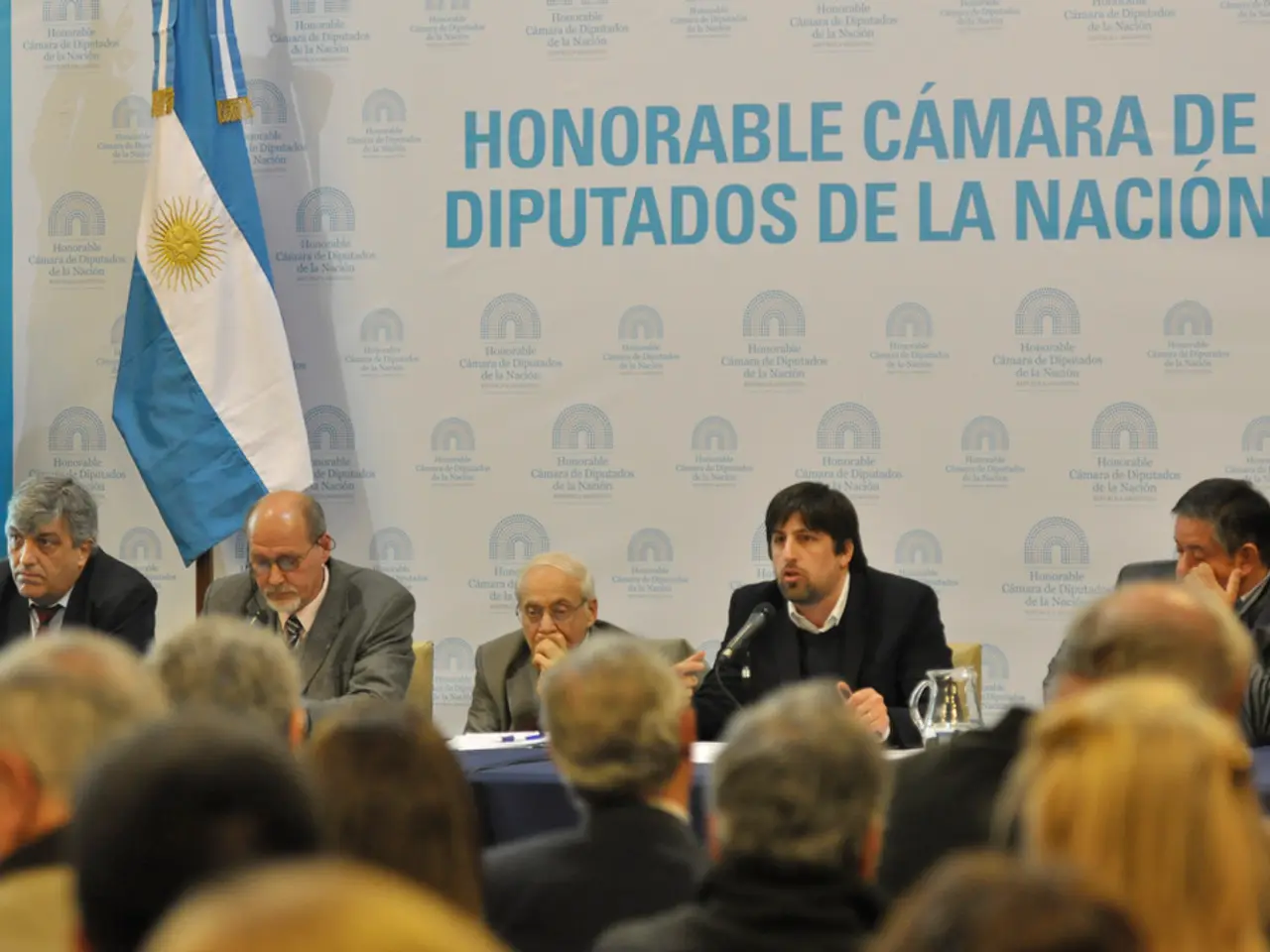Investigation in Parliament Regards Justice Varma: Steps Towards Unprecedented Judicial Removal
In a significant development, a three-member probe panel has been constituted by the Lok Sabha Speaker Om Birla to investigate allegations against Justice Yashwant Varma, a judge of the Allahabad High Court, regarding the "cash-at-home" controversy. The panel includes Justice Aravind Kumar (Supreme Court), Justice Manindra Mohan Shrivastava (Madras High Court), and senior advocate B V Acharya (Karnataka High Court).
The investigation was initiated following the discovery of large quantities of burnt cash at Justice Varma's residence in Delhi in March 2025. The discovery created a serious corruption allegation, leading to an impeachment motion against the judge. The motion, signed by 146 Members of Parliament crossing party lines, has been accepted by the Speaker to begin the process of his removal from office under Articles 124, 217, and 218 of the Constitution.
The parliamentary committee has the power to summon witnesses, review evidence, and submit a report to the Speaker. The current status is that the report is awaited, with the Speaker stating it will be presented as soon as possible. The impeachment process remains pending until the committee completes its investigation and submits findings.
The Supreme Court has already dismissed Justice Varma’s plea challenging the in-house inquiry process and the recommendation for impeachment by former Chief Justice Sanjiv Khanna. This ruling came on August 7, 2025, marking a significant judicial endorsement of the parliamentary probe.
The Lok Sabha probe on Justice Varma is being watched by the legal fraternity as a precedent-setting case. If found guilty, Justice Varma could be the first High Court judge in independent India removed through Parliament. However, it is crucial to note that the process should not become a tool for political vendetta, according to former judges.
The episode could reignite debate over creating an independent national judicial oversight body with statutory powers, something India currently lacks. If the impeachment succeeds, it may embolden Parliament to pursue similar action in future cases, potentially altering the balance of accountability mechanisms in the country’s constitutional framework.
Public sentiment has been shaped significantly by the optics of the cash discovery, with many citizens viewing it as a stark symbol of betrayal of trust. However, civil society activists argue that high-level judicial corruption cases often fizzle out due to procedural delays, political interference, or lack of conclusive evidence.
The report, if it finds the judge guilty of misconduct, will be placed before the House for a vote. Both Houses of Parliament must vote separately on the impeachment motion with a two-thirds majority for it to succeed. If the motion is successful, it will then be sent to the President for assent.
The impeachment process against Justice Yashwant Varma is a high-profile judicial investigation in India's recent history. The outcome of this case will not only deliver justice in a specific case but also restore public faith in the judiciary's integrity. The investigation continues, with the nation awaiting the report and the final outcome.
- In the evolving landscape of war-and-conflicts, politics, and policy-and-legislation, the ongoing impeachment process against Justice Yashwant Varma serves as a noteworthy point of general-news interest, particularly in relation to crime-and-justice.
- The outcome of this high-profile investigation into Justice Varma's misconduct could have far-reaching implications in terms of setting a precedent for parliamentary oversight and accountability mechanisms within India's constitutional framework.








